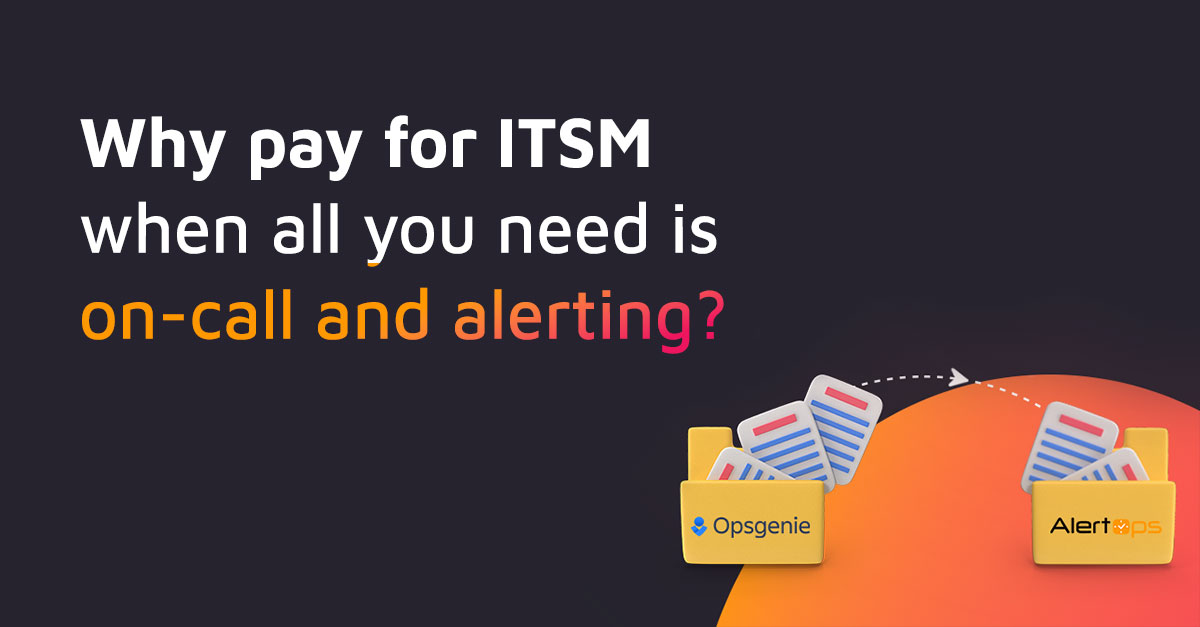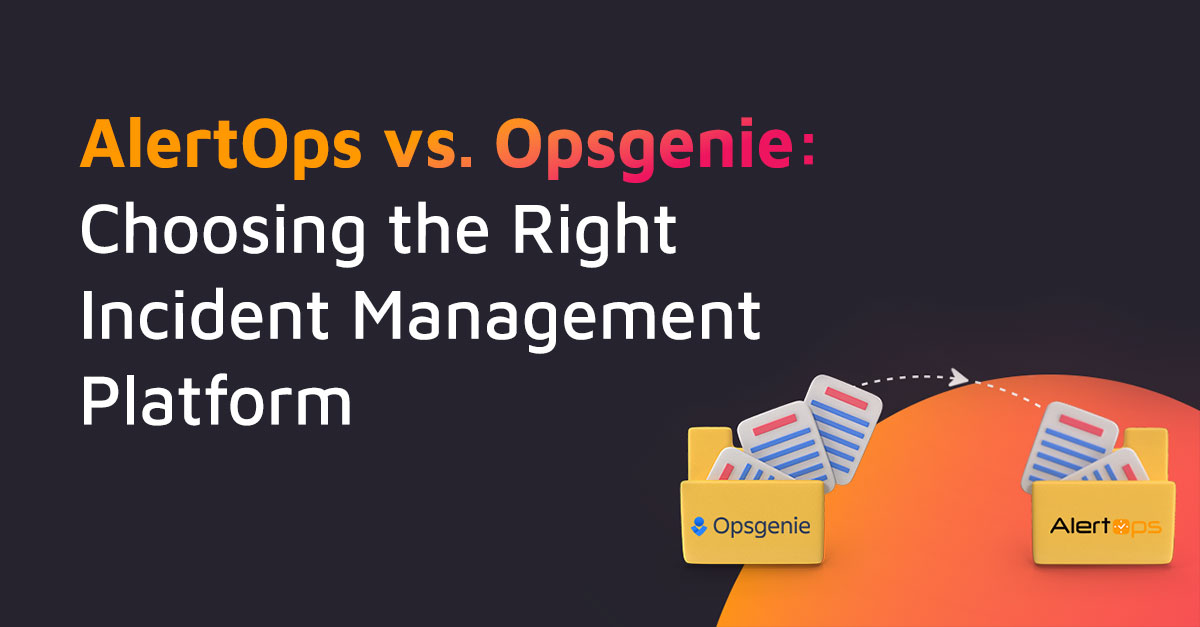Managed service providers (MSPs) are becoming exceedingly important to organizations around the world. MSPs deliver network, application, system and e-management services across a network. As more companies embrace digital transformation, bring-your-own-device (BYOD) and other revolutionary technologies and processes, the demand for MSPs is expected to increase substantially in the foreseeable future.
The global managed services market could be worth nearly $258 billion by 2022, according to market research firm Markets and Markets. MSPs likely will need to do everything possible to differentiate themselves from rivals in this rapidly expanding market. Fortunately, incident management and alert escalation software offers an effective way for MSPs to do just that.
Incident management software could play a pivotal role in how an MSP builds long-lasting customer partnerships. This software helps MSPs quickly identify and resolve incidents. It also ensures MSPs can maintain consistent service levels and comply with service-level agreements (SLAs).
To better understand the importance of incident management software for MSPs, let’s consider this scenario: you’re an MSP for a cloud hosting solution and have an IT support team that includes five on-call support techs who provide 24/7 support . Since there are five techs on your staff, each rotates as the “primary” point of contact who receives all priority 1 alerts. You’ve also set up an incident management tool that functions on a constant rotation cycle among your five techs.
But what happens when one of your techs goes on vacation? Typically, a tech will submit a time-off request, receive a manager’s approval and enter the time-off information into a scheduling system. But if you forget to change the schedule on your alert notification system, your company, its employees and its customers may be in trouble.
In this scenario, your priority 1 alerts will continue to go to the vacationing tech’s inbox without him or her knowing about them. And in all likelihood, you won’t find out about this problem until it’s too late, i.e. when downtime, outages and other critical incidents start to affect your company and its key stakeholders.
Now, imagine what it would be like if you use a “smart” incident management system that integrates seamlessly with your scheduling system and automatically updates the on-call rotation schedule. This system would ensure incident management team members can change their “availability schedule” in one system and have it picked up automatically in your on-call scheduling system. It would even work with you on your schedules to ensure all critical notifications are addressed – without exception.
An effective alert management and escalation system works in conjunction with a wide range of scheduling systems. It has smart functions like a “cover feature” that ensures alerts are routed properly based on each incident management team member’s availability. This ultimately could prove to be the difference between an MSP’s on-call support techs resolving an issue within 5 minutes or 55 minutes.
When you’re an MSP with expectations of a very high level of uptime, even a single incident can end up costing you tremendously. Thanks to an effective incident management system, however, you can manage risk like never before. This system helps you track alerts and ensure available incident management team members receive the right notifications every time. As a result, your company can use the system to minimize the risk of downtime, outages and other costly, time-consuming incidents.



